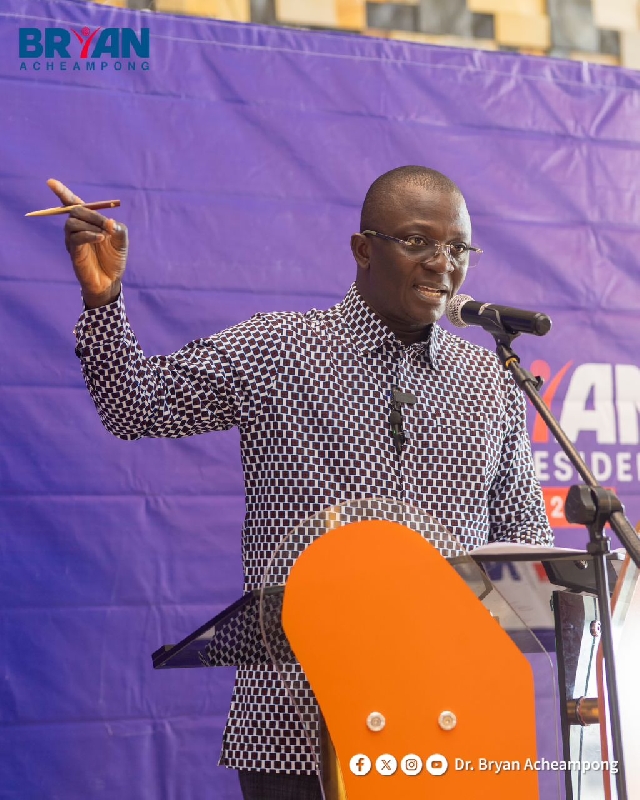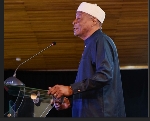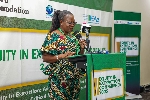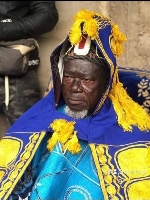PAJAG rejects Bryan Acheampong’s 90-day mining ban proposal
 Bryan Acheampong
Bryan Acheampong
A civil society group, the Patriotic Journalists against Galamsey (PAJAG),has strongly rejected a proposal by the former Minister for Food and Agriculture, Mr. Bryan Acheampong, for a 90-day nationwide ban on all mining activities.
The group argued that rather than introducing short-term measures that lack depth and historical accountability, Mr Acheampong and other political leaders should support existing anti-galamsey frameworks led by credible actors and institutions.
In a press release dated October 16, 2025, and signed by Nana Otu, Executive Director of PAJAG, the group reaffirmed its commitment in coalition with Responsible Cooperative Mining and Skills Development Programme to promoting long-term solutions, community empowerment, and accountability in the fight against illegal mining.
PAJAG expressed strong reservations about Mr. Acheampong’s proposal, which he said was intended to protect Ghana’s rivers from the devastating effects of illegal mining, popularly known as galamsey.
While the group welcomed all genuine efforts to address the environmental crisis, it questioned the former Minister’s moral authority to lead such an initiative.
According to PAJAG, Mr Acheampong’s tenure as Minister of National Security was marked by inaction in curbing illegal mining, despite the significant oversight responsibilities attached to that role.
The group described his proposal as “disconnected from his record,” noting the absence of tangible contributions toward combating galamsey during his time in government.
PAJAG emphasised that Ghana’s water bodies, forests, and communities continue to suffer immense damage from malmsey activities, requiring leadership grounded in integrity and a proven commitment to environmental protection.
The group also cited initiatives introduced under the Mahama administration as examples of credible, effective leadership in addressing the menace.
These include the National Anti-Illegal Mining Operations Secretariat (NAiMOS), the Blue Water Guard Initiative, and Responsible Cooperative Mining and Skills Development Programme, which provides sustainable livelihood alternatives and promotes responsible resource management.
PAJAG praised these programmes for adopting a strategic and inclusive approach that engages communities, civil society organisations, and stakeholders in a collective effort to restore Ghana’s environment.
Trending News

V/R: Family and residents of Kpale Xorse demand justice for murdered farmer
13:31
Yaw Anim reaffirms commitment to education; supports 400 fresh SHS students in Kumawu
12:23
Strategic shifts reshape Bawumia's campaign ahead of NPP presidential primary
10:47
Krachi West MCE Calls for extended naval patrols after Volta Lake tragedy
11:48
Okudzeto-Ablakwa pledges enhanced visa access for Ghanaian fans after Black Stars’ 2026 World Cup qualification
07:17
Parliament’s Local Gov't Committee uncovers misuse of disability funds across districts
14:09
Ho to host 41st National Farmers' Day on December 5
13:07
Ghana’s challenges are a crisis of leadership-Alhaji Boniface
19:39
NDPC D-G calls for equity and accountability in West Africa’s extractive sector
10:18
Bolewura charges gov't appointees to facilitate development in his traditional area
11:37



